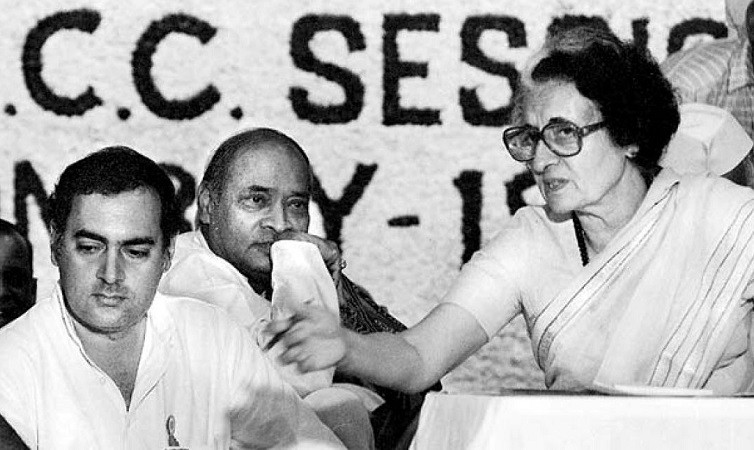
On August 8, 1967, India witnessed a momentous occasion in its political history when the Central Government, for the first time since Independence in 1947, suffered a token defeat in the Lok Sabha. This event marked a significant turning point in Indian politics and brought to light the increasing influence of regional parties in the country's parliamentary system.
The backdrop of this historic day can be traced back to the general elections held earlier that year. The 1967 general elections were highly contested, and the political landscape was undergoing a seismic shift. The Indian National Congress, which had been the dominant force in Indian politics since Independence, faced formidable challenges from several regional parties that had gained popularity, particularly in the states.
The 4th Lok Sabha, in its fifth session, convened on August 8, 1967, to address various issues concerning the nation. During this session, the Central Government sought to pass a crucial legislative bill that had far-reaching implications for the economy. The bill, aimed at implementing certain economic reforms, had sparked debates and polarized opinions among the members of the Lok Sabha.
The ruling party, the Indian National Congress, found itself facing a strong opposition from a united front of regional parties, which had put aside their ideological differences to collectively challenge the government's policies. The regional parties had garnered substantial support from the public in their respective states and were determined to assert their influence at the national level.
As the debate on the legislative bill intensified, the Lok Sabha witnessed intense discussions, passionate arguments, and eloquent speeches from both sides of the aisle. The regional parties, in particular, demonstrated their unity and determination to have their voices heard in the national arena.
When the time came for the crucial vote on the bill, the Lok Sabha witnessed an unprecedented turn of events. Despite the Central Government's efforts to maintain party discipline and garner support from its allies, the regional parties' united front managed to secure a narrow victory against the government. The bill was defeated by a token margin, marking the first time the Indian National Congress faced a legislative setback in the Lok Sabha since Independence.
The defeat was more symbolic than practical, as the Central Government still held a comfortable majority in the Lok Sabha. Nevertheless, it served as a wake-up call for the ruling party and other national parties, signaling the emergence of a strong and assertive regional presence in Indian politics.
The aftermath of this historic event had far-reaching consequences. The 1967 general elections demonstrated the rising influence of regional parties in shaping India's political landscape. Subsequently, the Indian National Congress had to adapt its strategies to accommodate the growing regional aspirations and demands. This shift paved the way for a more diverse and decentralized political structure in India.
August 8, 1967, remains a significant day in India's political history, symbolizing the growing strength and unity of regional parties. The Central Government's token defeat in the Lok Sabha was a watershed moment that brought regional politics to the forefront and compelled national parties to recognize the power of the states in shaping the country's destiny. This event continues to be a reminder of the dynamic nature of Indian democracy and the ever-evolving political landscape in the world's largest democracy.